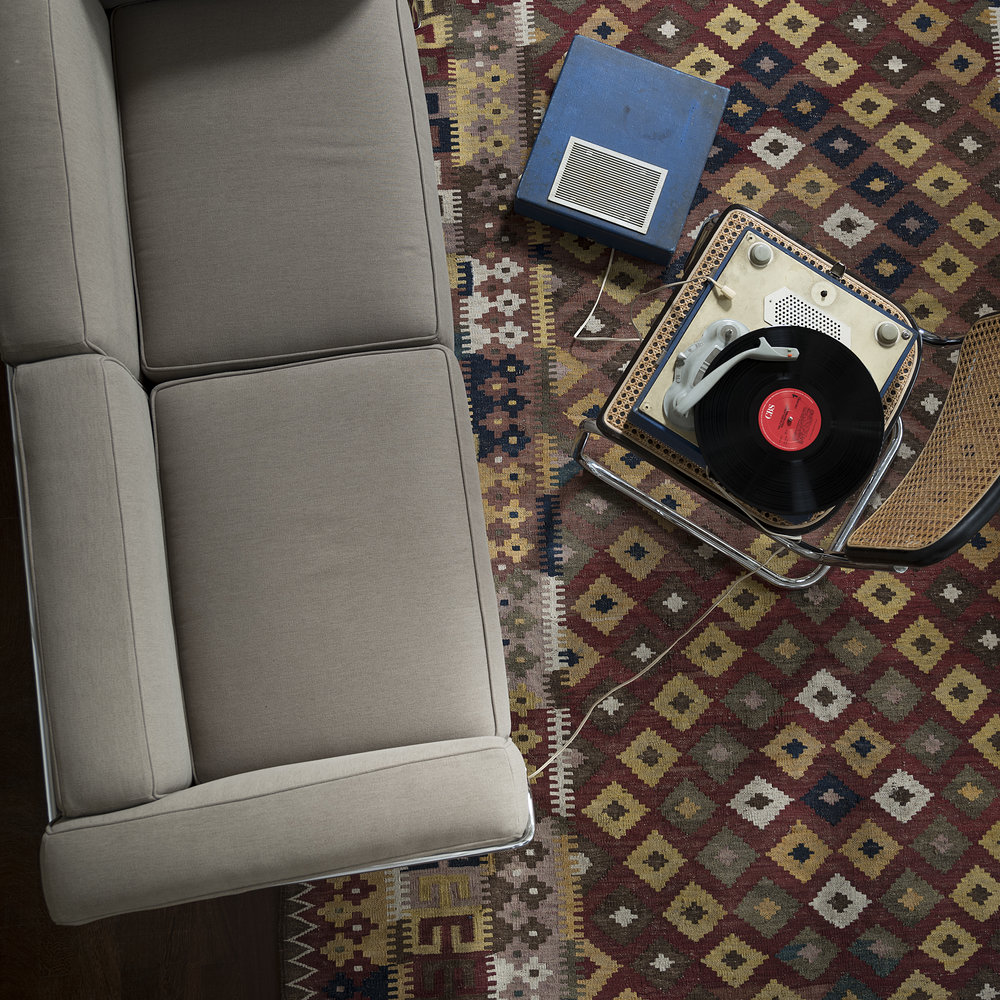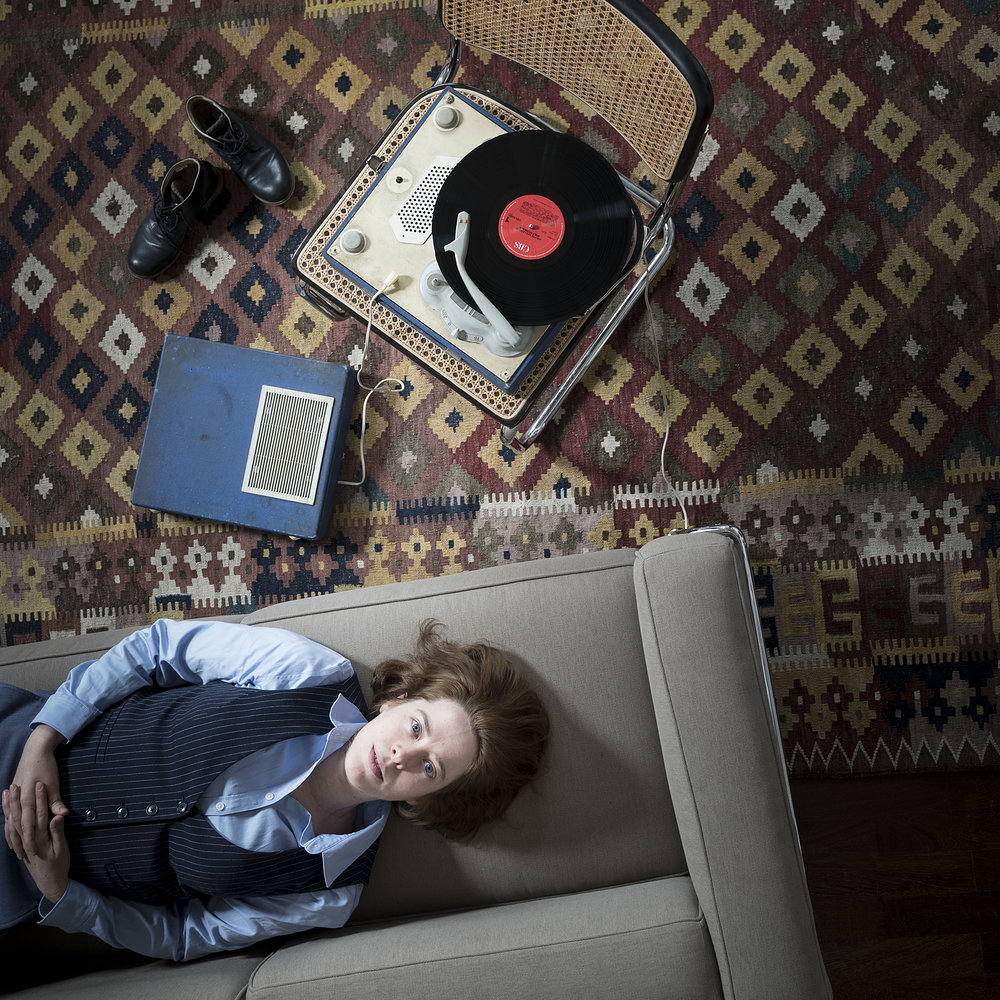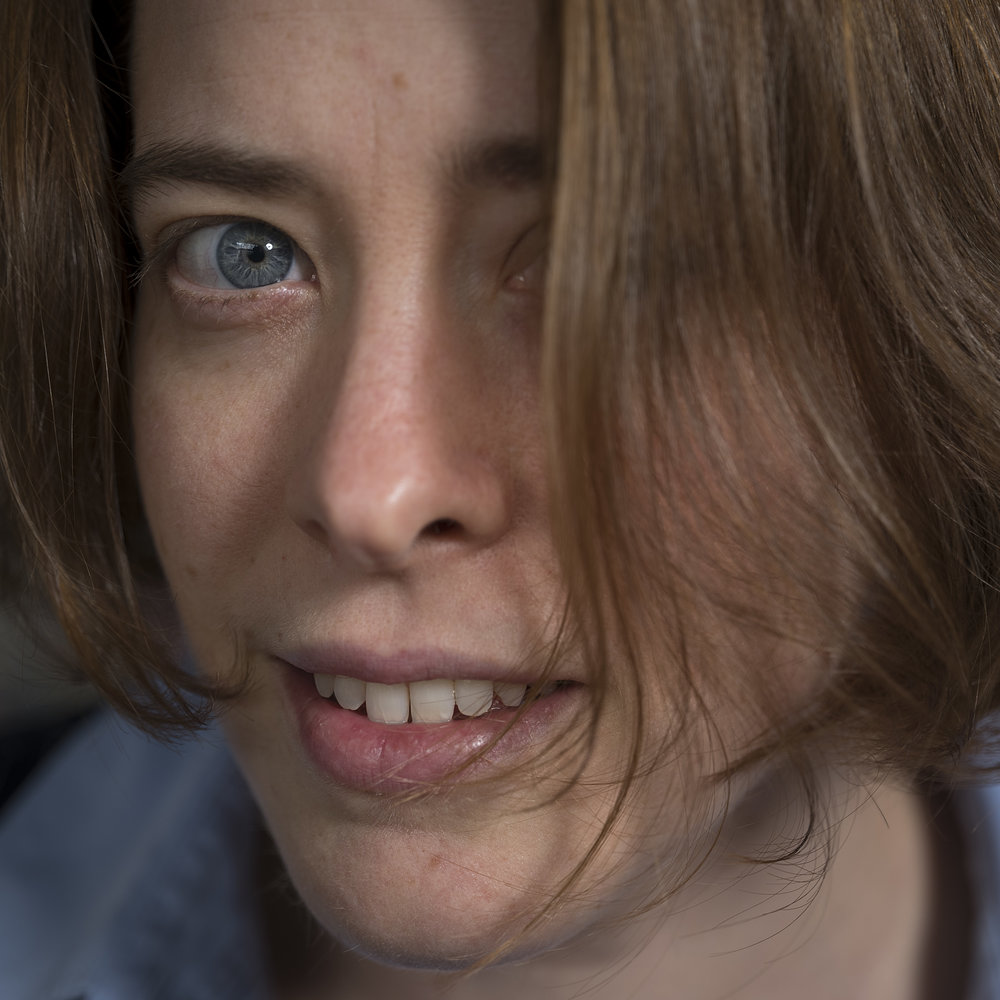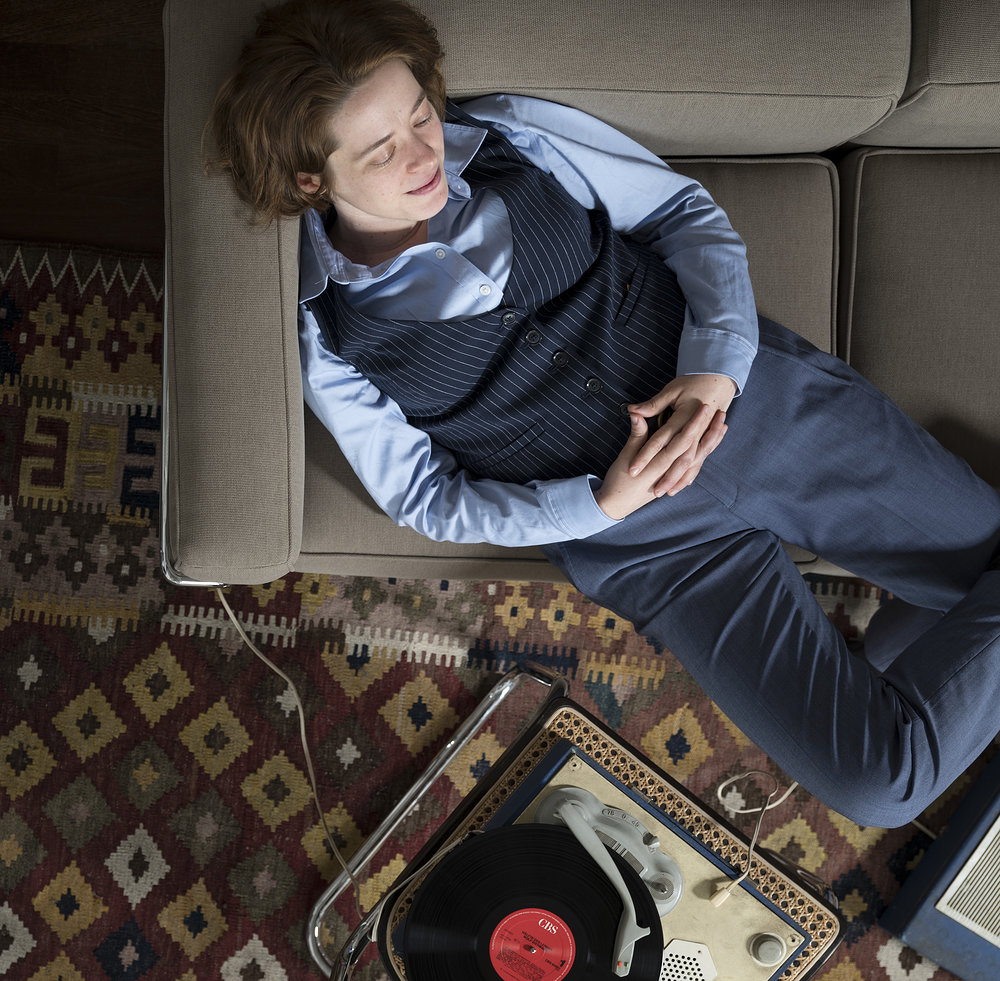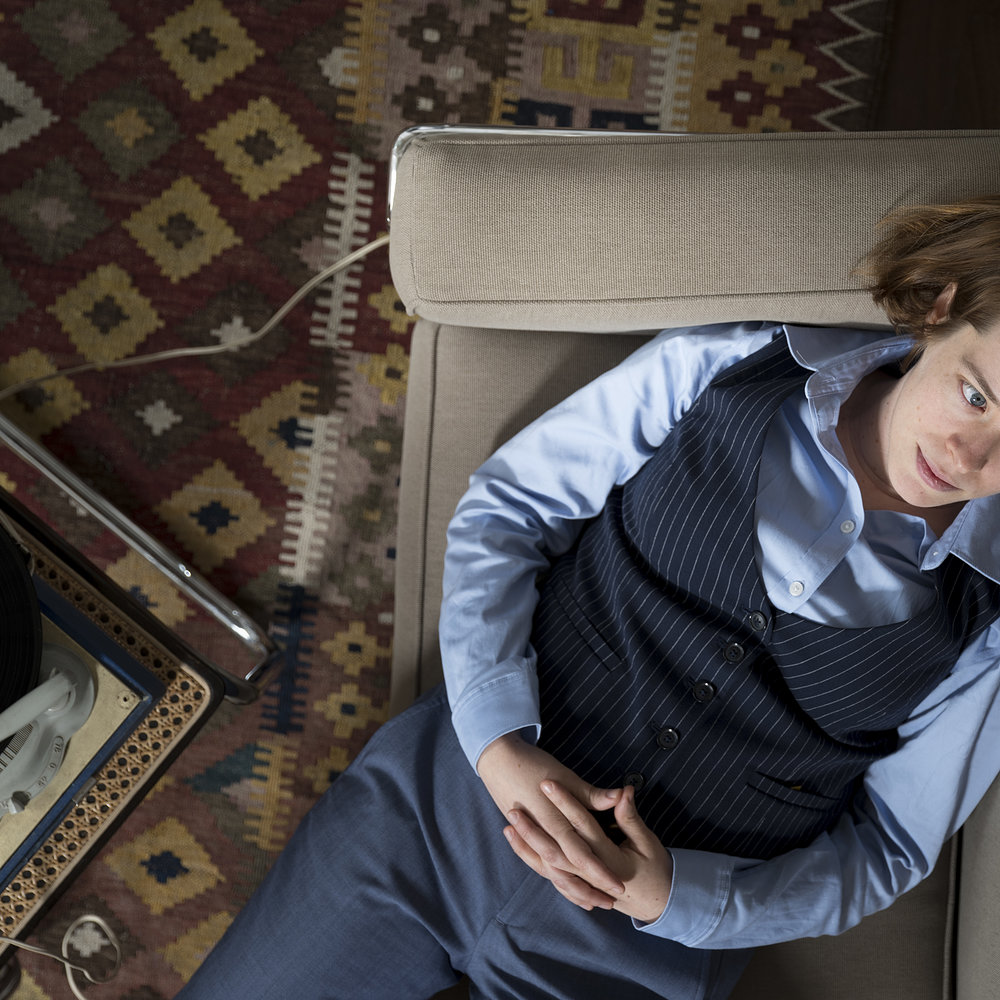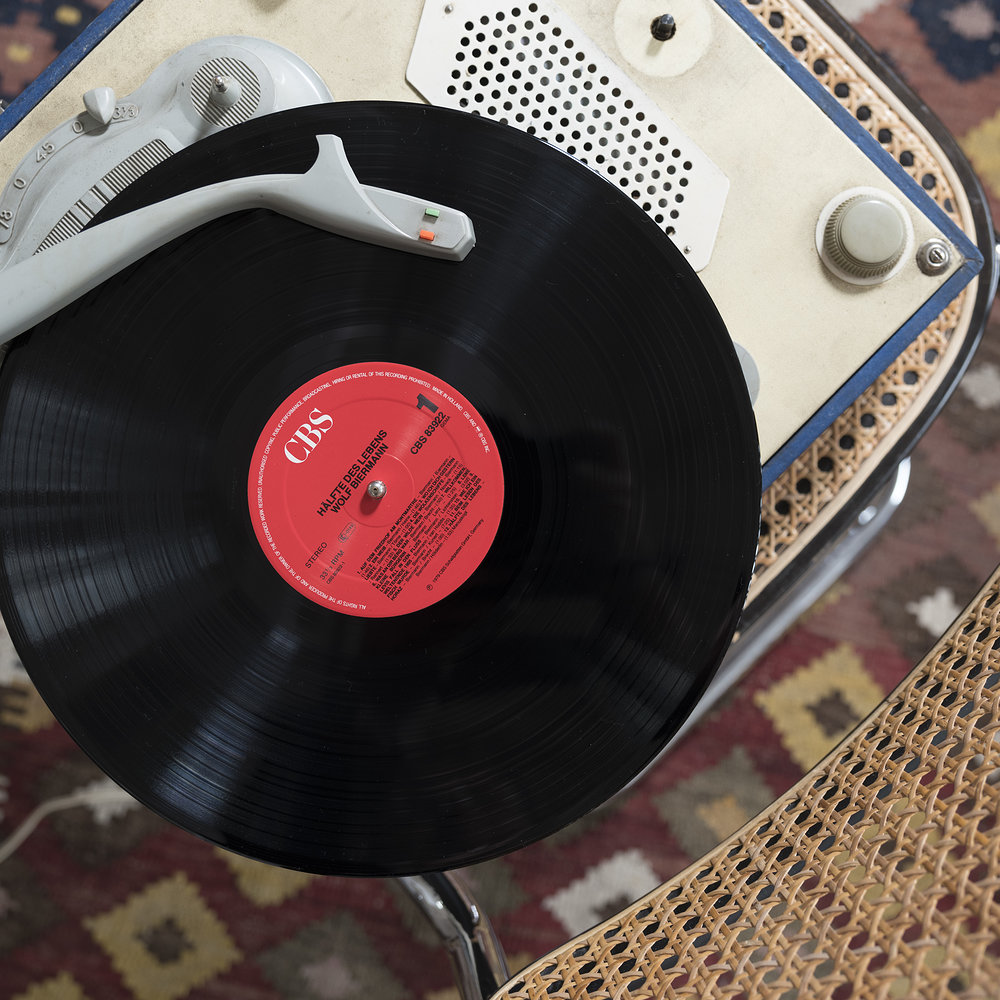Issue 12 / July 2017
Letter from Berlin
On Route to Grunewald – by Ear
They say that in Berlin it’s easy to stay at home – to never leave your Kiez. Circumstantial evidence suggests this is true enough. I certainly have friends whom I have never seen outside of their neighborhoods. They manage to make the same restaurants, bars, galleries, and parks appeal through the seasons, luring me to them. I help them, I suppose, shape their homes as microcosms of the bigger city. For other acquaintances of mine, Berlin itself is more of a caesura in the quick pace of the wide world. When they’re here, they dig into their Kiez and invite me into their living rooms. We make dinner out of what’s there and in the process make sure to use up any food that might later go bad. Because the rest of the time they’re elsewhere: teaching at universities across the European continent – or further across oceans and seas. They travel as journalists and work across the world as activists. They set down roots in Berlin to have a place to rest. When I come by I am part of the project – mine and theirs – of keeping city-life and the life of a traveler human.
I cherish the process of making these different parts of Berlin my own through the people that I know. But this Kiez-oriented imaginary has never been my primary mode of orienting Berlin. Since I began college – and as I have become an academic – I have spent substantial time in the city. This stint at the Wissenschaftskolleg will have been the longest, but the others have played a major role in orienting my life and pushing me to encounter new things and people. I have come here to study, to work, for love, for family. To listen, for music.
Berlin has always been a site of adventure for me, a place that challenges me to traverse it. I blush at the ways I measured this when I was an undergraduate student studying abroad, taking the U-Bahn between Mitte and Dahlem. Then I was a ferocious concertgoer, and I still remember that I once saw 23 concerts and operas in a month while playing four of my own. (It was a particularly dark, cold, and alienated January.) Later, as I studied musicology at the Humboldt University, I heard the city differently. The Staatsbibliothek on Unter den Linden was under construction, so I walked from my apartment in Prenzlauer Berg to hunker down in the music library of the Humboldt to read and read. The building in which it is housed faces the Pergamonmuseum, and I experienced the presence of this monument as a tourist hub keenly. Many of the library’s users would open windows to regulate the room temperature and invite fresh air in. This routine intervention transformed the silence and loneliness of sitting with words and ideas: I could hear street sounds and grew to know the repertoire of both the tremendous and the tedious street musicians who flanked the entrance. Even now, when I walk on Museum Island, I listen out for these same erhu, accordion, and synthesizer performers, though they have probably long moved on or been urged to go away.
Perched in the library, I understood this sonic voyeurism to be natural in Berlin, where listening through walls had all kinds of overtones in the recent past. The Stasi had listened in, of course, bugging apartments and tapping phone lines. In this historical context the political significance of Wolf Biermann’s landmark album Chausseestraße 131 (1968) was crafted – both in music and sound effects. On it, the defecting singer-songwriter roughly croons that he’s had enough (“Die hab’ ich satt!”), satirically babbles about the foolish reality of the GDR, and tells grave “Deutschlandmärchen” about the perils of wall-crossing, all the while smacking away at his acoustic guitar. The record offers another kind of window into Berlin, though, because it was made when Biermann, as a black-listed artist, did not have access to a professional recording studio. Instead, we listen in to him recording at home (at the address that provides the album with its title). An omnidirectional microphone picks up street sounds: trams rolling along, cars zooming, wind clanking, and loads of unidentifiable noise that never – to me – sounded like voices. As the M10 rounded the corner in front of that library, I allowed my mind to play tricks on me and heard Biermann’s tracks as some kind of connecting thread.
I also understood my own new forays into popular music venues and experimental music scenes with some kind of trespassing by listening. I kept in mind the infamous concert that David Bowie gave in 1987 with the Berlin Wall as the back edge of his stage. The story goes that he played loud enough so crowds gathered close on the other side of the border could listen to him proclaim the assertion at the heart of “Heroes”: “We can be heroes just for one day.” Bowie sounded Berlin differently on the track “Neukölln” (also from the 1977 Heroes). The singer wails away on the saxophone throughout this instrumental collaboration with Brian Eno. Its murkiness is suggestive and haunting: is it a neighborhood portrait? A modal foray into Turkish Berlin that is by extension an Orientalist fantasy? These relics of the Berlin past reminded me to reroute my paths away from the centripetal force of the robust classical and new music scenes on occasion. And to seek out spaces where the throbbing pulses of the club scene couldn’t carry me through an evening’s cadence. I stood on the sides of demonstrations for a range of causes around Kottbusser Tor and people sang anthems of various national stripes. I brought my boombox to a park where an artist directed everyone summoned to tune our radios to the same station, flooding the public space with reggae at the peak of summer. I watched two drag queens narrate the Eurovision Song Contest at an open air movie theater as the sun set.
This year I have continued my practice of listening to Berlin in concert halls, bars, clubs, and homes. One of my favorite moments was at a concert by the Munich Philharmonic under the baton of Valery Gergiev. Yes, he delivered a stunning performance of the sustained pressure cooker that is Dmitri Shostakovich’s Fourth Symphony. But I relished the performance before it had even started. Gergiev and the soloist for the first piece on the program were late, throwing off the professional clockwork that characterizes the Philharmonie. Ushers dimmed the lights, the audience hushed. And we sat. People began to mumble, some clapped restlessly and others booed. The unease continued – maybe for fifteen minutes? I relished this unusual confusion as it colored the attention of the audience. There I go, listening in again – attuned more to how people and sounds shape spaces than, perhaps, the sounds themselves or my own role in shaping them.
This year, however, my mode of discovering the city’s reaches and organizing its cacophony has been decidedly different. I have literally switched gears. Unlike most of my fellow Fellows at the Wissenschaftskolleg, I have chosen to live off campus, in an apartment in Friedrichshain. I must (and do) travel every day to the oasis that is Grunewald and I choose to carve out this 16 kilometer journey on my bike. It is fun. This route and routine have shaped my self-perception as adventurer. Instead of expanding my horizons, I have dug in. Always on the move on this fixed route, I stay – in part out of necessity – on alert. The city feels, looks, sounds, and smells different by bike. It has a different pace. My body feels the city differently with the new knowledge this bike ride produces. And not because this is some extraordinary physical feat: Berlin remains flat, I am pleased to report.
I begin my mornings on cobblestone streets; my brain and bike frame rattling away. My head is down through the journey from just beyond Frankfurter Tor down the entirety of Karl-Marx-Allee as I head straight into the wind. Though I barely notice the Television Tower even on the sunniest of mornings, I always know whether or not the fountain at Strausberger Platz is on. (The light to get around this roundabout is the only long one on the avenue’s most excellent bike path. And its water tumbles at a vibrantly loud fizzle.) I am confronted by the messy collection of new and old shopping centers at Alexanderplatz and usually choose to skirt around the whole shebang. No paths through or around this transportation hub feel safe on two wheels by my calculation. One “construction zone” – I suspect it has been and will be there for years – forces me into the middle of a traffic bottleneck, where I must yield to groaning busses. I have learned to bike this stretch with my neck craned to the left to keep an eye on many an aggressive commuter.
Then I traverse one of the most peculiar tangents through the city: from the emerging rebuilt Palace straight down Französische Straße to the Memorial to the Murdered Jews of Europe. Sometimes bells ring out of the churches in Gendarmenmarkt if I time things right, but mostly I am in traffic. There are motorcycles, bike messengers, taxis, limos, all kinds of busses, trash collectors, pedestrians, runners, and horse buggies. In the morning I observe the drop-off (at the Palace) and pick-up (at a recently demolished GDR office building) of building materials. In the late evening I bike the same street in reverse. Beginning with the turn onto Hannah-Arendt-Straße, this is easily my favorite stretch in the city. With no cars or pedestrians and few cyclists, Mitte takes on a completely serene and uncanny quality. I still can barely recognize it under the hues of dimming lights. I look to the sky, breathe deep, and pedal hard to craft my own joyride, indulging in the accompanying power trip.
My ride is not an exercise in mere isolation or introversion, though of course it is a singular mission. On occasion the tourists around the Memorial interact with me and the other cyclists who are always near. One group of (presumably) high schoolers was singing Michael Jackson as they waited curbside for their tour bus to haul them away. Many stand on bike paths and are kind when I get off my bike and – I hope – gently explain to them an implicit rule of this city: Never stand in the way of a bike. I speak out to avoid confrontation, but one morning a particularly tall man bent down and looked me right in the eye before mocking my well-intended clarification with nonsense syllables, “Wah-wah-wah, blah, blah, blah, pffff.” I don’t think I’ll ever decode that one.
Beginning with my track along the southern border of the Tiergarten, nature’s more pastoral elements start to creep into my ride. I hear animals, leaves, dogs, the footsteps of runners to my right. The bike path is on the street, so I can locate the cars raring to overtake me by ear as their rubber whishes over the asphalt. When I’m stopped at the few lights on this thruway, I enjoy that the atmosphere prompts camaraderie among the cyclists: we make small talk as though we’re on vacation.
My morning ride ends as it begins: with a trip down the entirety of one of Berlin’s most monumental traffic arteries. This time instead of the palatial socialist realist apartment complexes of Karl-Marx-Allee it is the luxury shops that flank the promenade that is the Ku’damm. It has no space for bikes despite the many who need to power through it. I hate it and resent it. Taxis weave in and out of traffic without signaling. Bus drivers – but maybe this is a matter of perception – push me toward the parked cars. Delivery trucks just stop in the middle of it all. There is nothing welcoming about this ultimate segment: it is even gently uphill. Yet I take it on, eschewing the side streets that might make my life easier, or at least allow me to avoid the feeling of attack. I see and hear how urban infrastructure begets stress. I feel anxious until I pull into the side streets of Grunewald.
Maybe the challenges of Ku’damm cast aside illusions that I (or anyone) is at home in all of Berlin. Gone is that naive undergraduate fantasy that I might do and catalogue all the offerings – cultural, sonic, personal – of this place. I face my own limitations. Others, I am sure, would find this avenue’s bustle comforting and the happiness of Sunday afternoon in a Friedrichshain park stagnant or escapist. And there are, of course, so many Berlins I do not see and cannot hear: places where I might be and am not welcome. I’ve far from exhausted Berlin; I never will no matter how hard I listen. Through the repetition inherent in this ride, though, I think I’ve started to shape my own, idiosyncratic neighborhood. While on this route, in the living room that marks its beginning, and at the desk that is my daily destination, I am not a visitor, but someone shaping their own itinerant variation on that alluring theme that resounds through Berlin: the Kiez.
More on: Andrea F. Bohlman
Images: © Maurice Weiss
